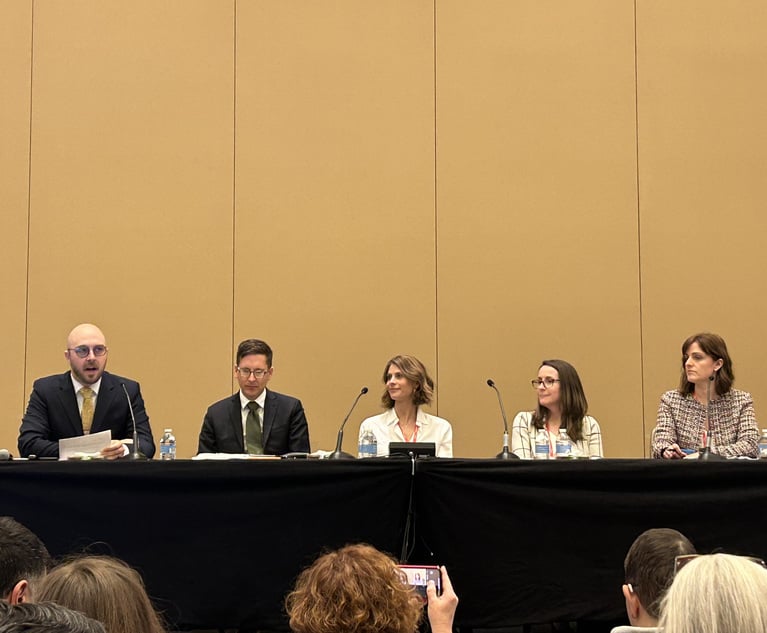In a world where minimizing one’s digital footprint is far more difficult than expanding it, the privacy implications of consumer data in the hands of companies are increasingly being tested.
This time, the contender in the hot seat is the “geofence warrant,” also known as a reverse-location warrant, which grants law enforcement permission to obtain anonymized data from a data aggregator like Google, on every location-trackable device in a specific radius at a specific time.


 Credit: Shutterstock.com
Credit: Shutterstock.com





